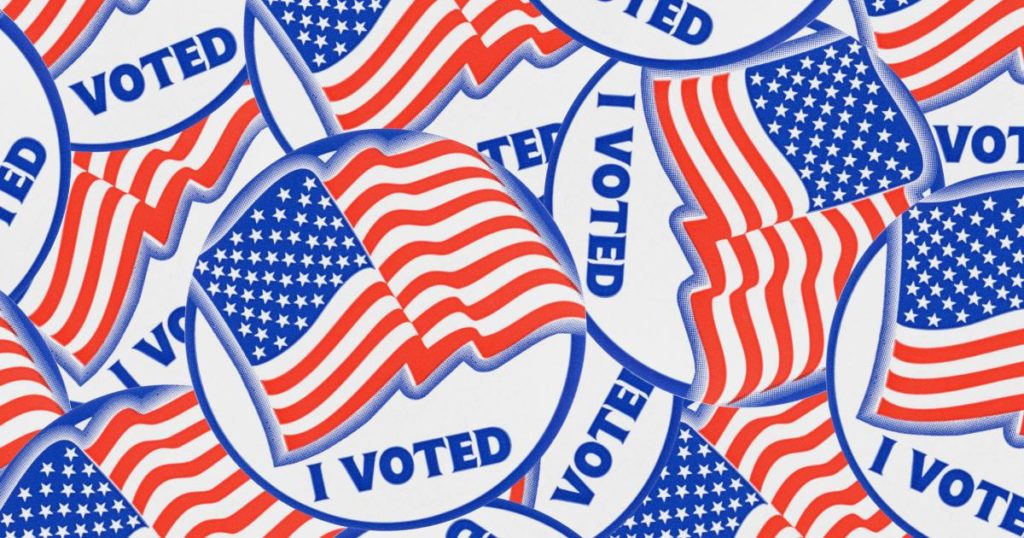by
Except Misiak died in November 2016.
And she was one of at least four deceased voters that purportedly signed Herrera’s Clean Elections qualifying contribution forms, all on Feb. 3.
Maricopa County elections officials say there are dozens of other forms signed that same day that do not match the signatures they have on file for those voters.
In all, the Maricopa County Recorder’s Office identified 137 signatures – or about 54 percent – as invalid, and 118 counted as valid. Many of the problematic signatures were dated Feb. 3.
County elections officials informed the Arizona Secretary of State’s Office and the Arizona Citizens Clean Election Commission on March 15 that there were problems with the signatures Herrera submitted.
“There are significant problems, potentially fraudulent signatures, from this candidate,” Maricopa County Recorder Chief Deputy Keely Varvel wrote to State Election Director Eric Spencer and Arizona Citizens Clean Election Commission Executive Director Tom Collins.
Herrera, a Democrat running for the Arizona Senate in Legislative District 20, collected and submitted an additional 116 signatures on March 26. Eighty-six of the new signatures were verified as valid, and 30 were deemed invalid.
With the additional valid signatures, Maricopa County Elections officials counted enough valid signatures between the two batches – a legislative candidate needs 200 valid signatures – to qualify Herrera for funding. The Secretary of State’s Office then formally recommended the Arizona Citizens Clean Election Commission provide Herrera funding.
But instead, Collins called for an emergency meeting of the Clean Election Commission to discuss the matter and possibly delay funding Herrera.
After reviewing the issue and hearing from an elections official from Maricopa County, the five-member body voted unanimously Tuesday to wait until a more exhaustive forensic analysis of the signatures is completed before providing public funding to Herrera.
Herrera defended the signatures, telling the CCEC that he believes he can demonstrate that at least the non-matching signatures can be proved valid, and that he believes he is being targeted by political opponents.
“I have no control over how someone signs their name, but, at this point, I’m willing to go out and get an affidavit from each and every single person on here to clear my name,” Herrera said. “I realize the politics behind it, believe me.”
Herrera said he would not comment further on the politics he blamed for the signature problems, or on how dead people signed his qualifying forms.












More Stories
Milwaukee’s election boss needs to stop ‘getting out the vote’
Early voting under way for Texas primary election runoff
Kemp signs executive order to extend suspension of Georgia’s motor fuel tax until July 14